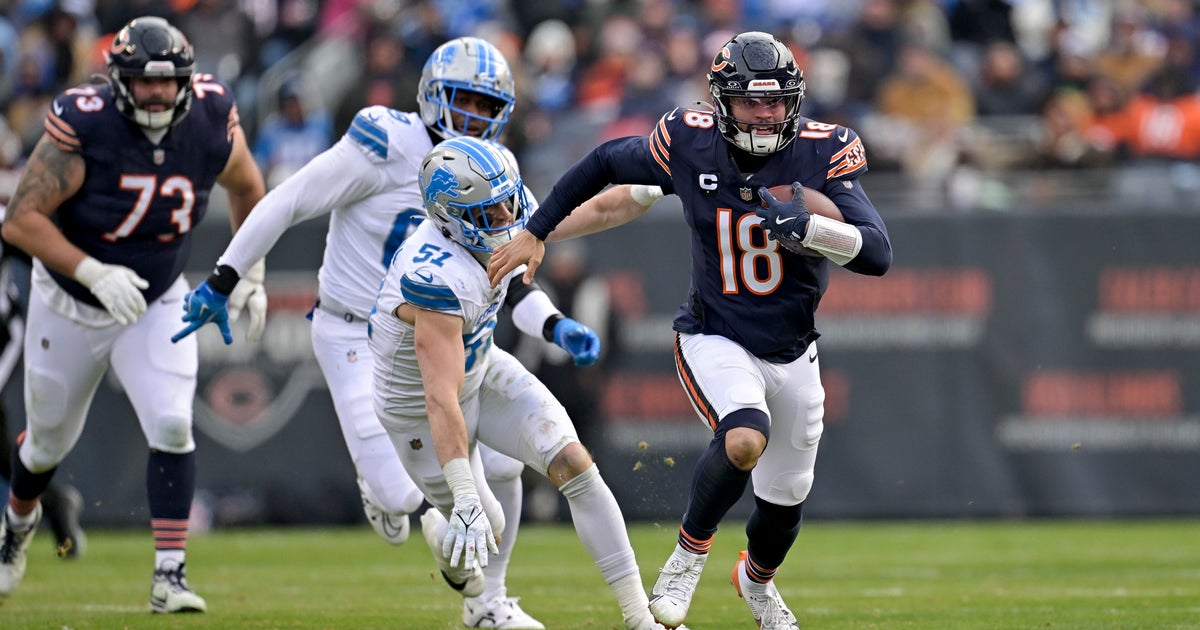No NBA Deal After Day Of Salary Cap Talks
NEW YORK (AP) -- NBA owners and players failed to reach a deal after about seven hours of talks Saturday, mostly about the salary cap structure, and will meet again Monday.
Union executive director Billy Hunter says the sides are still "miles apart" on the cap system, and they didn't even talk about the division of revenues, the other big obstacle to a labor deal that would end the lockout.
With exactly a month left before the regular season opens, Commissioner David Stern said he had nothing to announce in terms of cancellations. But the remainder of the preseason schedule is in jeopardy, and given there hasn't been the progress he wanted this weekend, the real games could now be threatened, too.
THIS IS A BREAKING NEWS UPDATE. Check back soon for further information. AP's earlier story is below.
NEW YORK (AP) - NBA players continued to meet past the six-hour mark Saturday, with a union executive offering some optimism about the process.
Players' association vice president Maurice Evans said things were "going pretty good" as he left the meetings to catch a flight.
With the regular season scheduled to begin in exactly one month, the sides were trying to work through a number of issues to reach an agreement that would end the lockout that began exactly three months earlier.
Commissioner David Stern has said there must be progress this weekend.
Stern indicated on Friday that the union will OK the owners' plan for enhanced revenue sharing. However, the salary cap structure and division of revenues between the sides remain obstacles.
Stern emphatically denied he would threaten to cancel the entire season this early even if things don't go well this weekend. Still, he repeated that there would be danger in not making progress soon.
"Both sides agreed that the consequences of not making a deal lead us to the prospect of possibly at some point in the not distant future losing regular-season games," Stern said. "And we agreed that once you start to lose them and the players lose paychecks and the owners lose money, then positions on both sides will harden and those are the enormous consequences that I referred to in terms of trying to make a deal."
Players have been frustrated that owners have shut them out of their plans for expanded revenue sharing. Stern had said the plan couldn't be completed until the collective bargaining agreement was done, so the league would first know how much it would be paying out to the players.
But Stern said the players now know everything the league knows and insisted "that will not be the issue that separates us."
He has said the plan is for the revenue sharing pot to triple next season from this year's $54 million and added Friday that the goal was to quadruple it by year three.
The salary cap remains an obstacle. Players have stressed they will fight any attempt to impose a hard cap system instead of the current soft cap that allows teams to exceed it through the use of certain exceptions.
Owners this week relaxed their insistence on the hard cap, instead proposing a system where there would be four levels of the luxury tax, and the more a team spent, the higher that tax. (There is currently a $1 penalty for every $1 over the tax threshold.)
But union president Derek Fisher, without getting into specifics, said that system still wouldn't work for the players.
"I think the idea was if you removed the name 'hard cap,' that that would be good enough in itself. But we still believe the mechanisms ... still in just about every sense would be a hard cap for teams," he said. "There would be very few, if any, teams that would be in a position to spend over that particular number, so that's how we feel about it at this point. It doesn't mean that the negotiation is over, but it's definitely not anywhere close to where we'd be able to agree to it."
The division of revenues is the last of what Stern called the Big Three items. Owners are seeking to reduce the players' guarantee from 57 percent in the previous deal.
© 2011 The Associated Press. All rights reserved. This material may not be published, broadcast, rewritten or redistributed.


